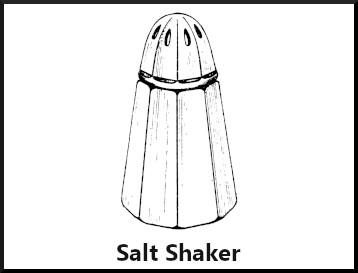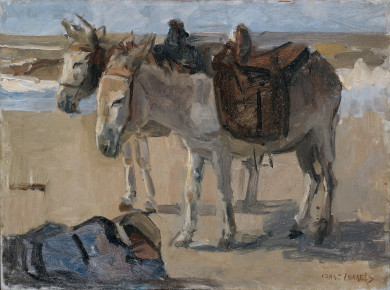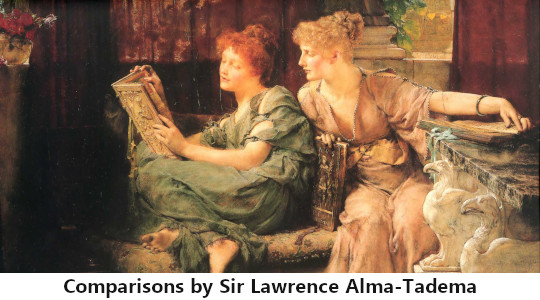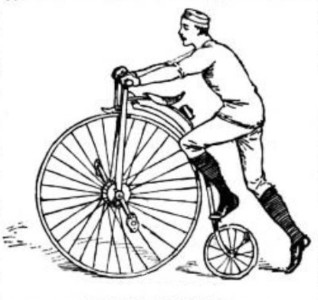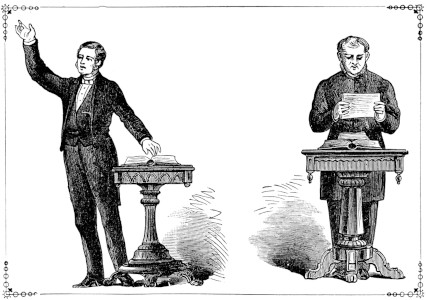Winston Churchill? Alexander Ince? Leonard Lyons? Emanuel Shinwell? John Williams Hughes? Drew Pearson? Eleanor Boardman? Anonymous?
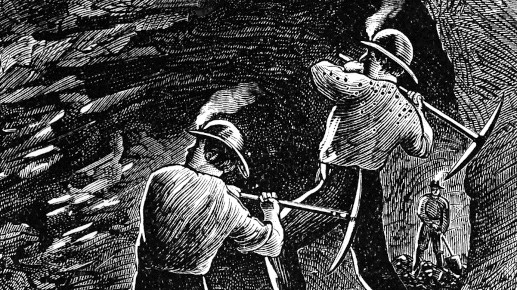
Question for Quote Investigator: Ensuring the smooth operation of the industry sector that supplies energy to a country is a crucial task. Here is an example of the type of mockery aimed at a politician who botched this important mission:
“Wonderful news about the new Minister of War. Peace is assured!”
“Why do you say that?”
“Well, when he was Minster of Coal we had no coal. Now that he is Minister of War, surely we shall have no war.”
This joke has been attributed to statesman Winston Churchill. Would you please explore this topic?
Reply from Quote Investigator: The “New York Herald Tribune” reported that British Prime Minister Clement Attlee changed several ministerial appointees on October 7, 1947. Emanuel Shinwell who had been the Minister of Fuel and Power was transferred to the post of Secretary of State for War (also known as Minister of War).1
The earliest match for the quotation located by QI appeared in the syndicated U.S. newspaper column of Leonard Lyons on October 25, 1947. Boldface added to excerpts by QI:2
Alexander Ince reports that when Emanuel Shinwell was removed as minister of fuel and became minister of war, his friends rejoiced and said: “Peace at last is assured us. Because when Shinwell was minister of fuel, we had no fuel. And now he’s minister of war, so we’ll have no war.”
This report indicated that the creator of the quip was anonymous. Also, the remark originated as a friendly barb and not a harsh criticism.
Below are additional selected citations in chronological order.
Continue reading “Dialogue Origin: “Now That He Is Minister of War I Feel Safe” “Why?” “Well, When He Was Minister of Fuel We Had No Fuel””